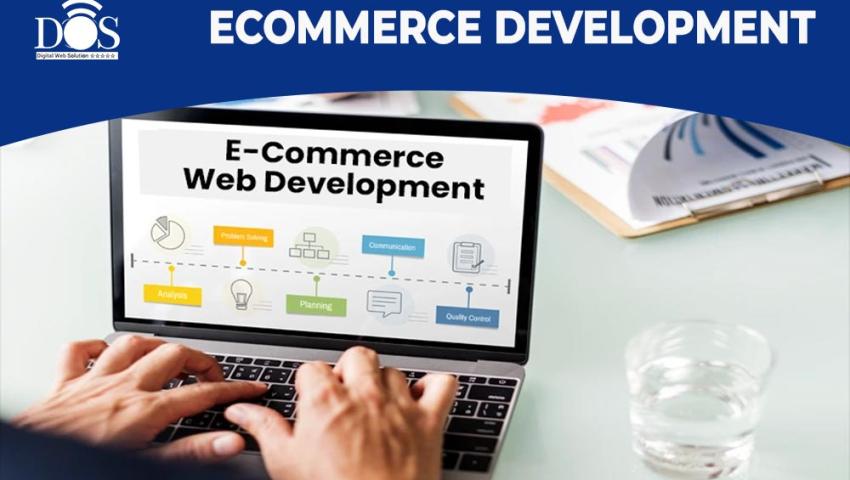
Ecommerce Web Development: Creating Powerful Online Stores
Learn how to build high-performing ecommerce websites with the latest technologies and best practices. From choosing the right platform to optimizing user experience, security, and SEO, this guide covers everything you need to create a scalable and successful online store.
Introduction
Ecommerce web development is essential for businesses looking to sell products or services online. A well-built ecommerce website enhances user experience, ensures security, and drives sales. This guide covers key aspects of ecommerce website development, from choosing the right platform to optimizing performance.
Choosing the Right Ecommerce Platform
Selecting the right platform is crucial for the success of an online store. Some popular options include:
- Shopify – A user-friendly, hosted platform with built-in tools for easy setup.
- WooCommerce – A WordPress plugin that offers flexibility and customization.
- Magento – Ideal for large businesses needing advanced features and scalability.
- BigCommerce – A robust platform with built-in SEO and marketing tools.
- Custom Development – For unique business needs, a custom-built solution using frameworks like Laravel or Next.js may be the best choice.
Essential Features of an Ecommerce Website
A great ecommerce website should include:
- User-friendly navigation – Easy-to-use menus and search functions.
- Mobile responsiveness – A seamless experience across all devices.
- Secure payment gateways – Integration with PayPal, Stripe, or other payment processors.
- SEO optimization – Optimized product pages, fast loading times, and metadata.
- Fast and reliable performance – Using caching, CDN, and optimized images.
- Robust security – SSL certificates, secure authentication, and data protection.
Best Practices for Ecommerce Web Development
To create a successful online store, follow these best practices:
- Choose a reliable hosting provider for speed and uptime.
- Optimize images and content to improve load times.
- Implement a strong checkout process to reduce cart abandonment.
- Use structured data to enhance product visibility in search engines.
- Regularly update software, plugins, and security patches.
Essential Tools for Ecommerce Developers
Using the right tools can streamline development and improve performance:
- Google Analytics – Track visitor behavior and sales performance.
- GTmetrix & PageSpeed Insights – Optimize site speed and performance.
- SEMrush & Ahrefs – Improve SEO and keyword rankings.
- WooCommerce, Shopify, or Magento Extensions – Add extra functionalities to your store.
Purva Kumari
Leave a comment
Your email address will not be published. Required fields are marked *


